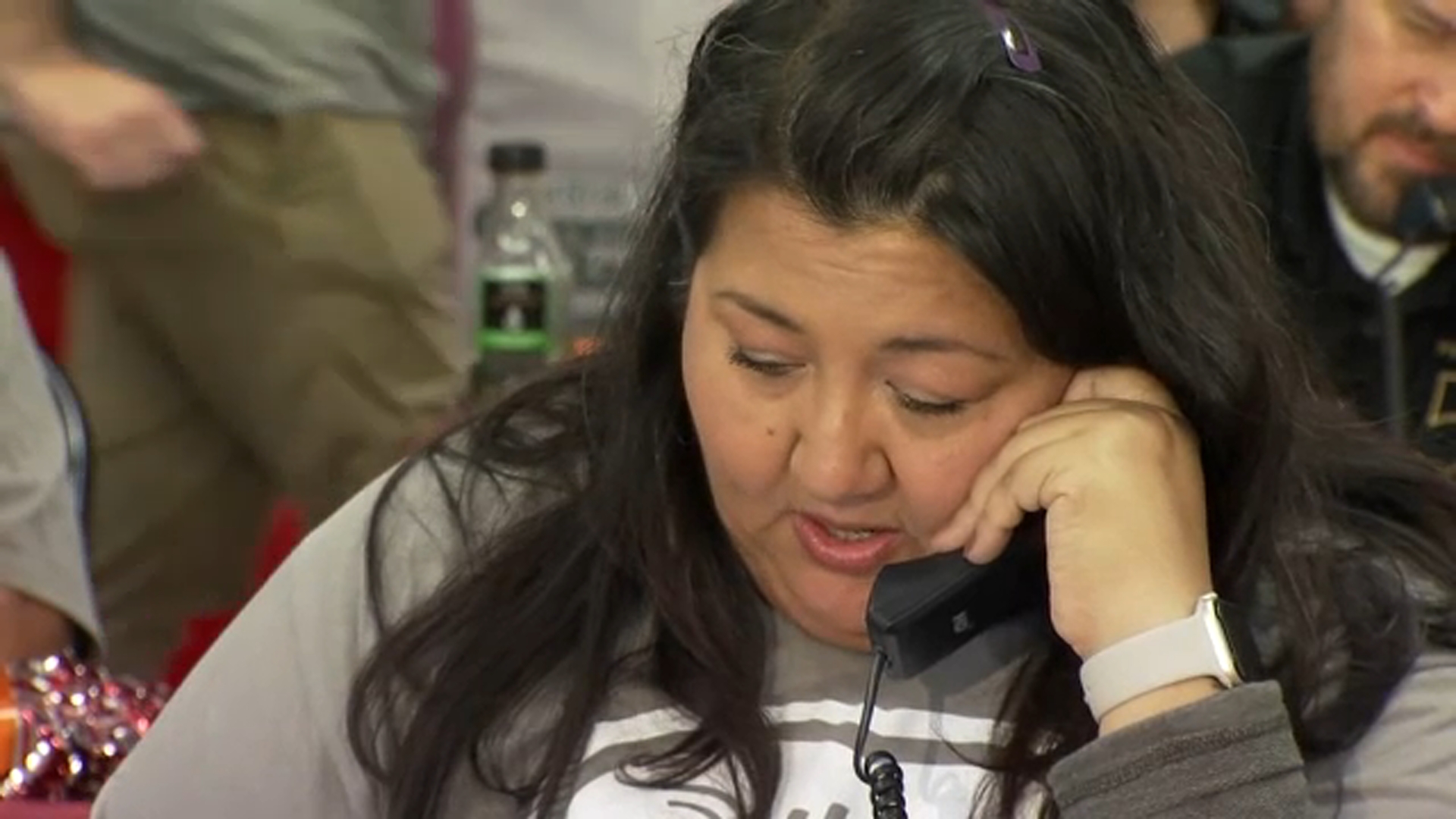Robot repairs a broken heart

ATLANTA, Ga. (KFSN) -- Three million Americans every year struggle with a leaky mitral valve. The condition can put strain on the heart, and can cause the muscle to flutter, or beat irregularly. Now a minimally invasive procedure is helping patients get back on their feet faster.
Susan Watkins has always been active.
"I walk a lot; I work out with a personal trainer at least once a week," Watkins said.
She even loves horseback riding! But last year, she noticed some unusual symptoms while simply walking.
Watkins explained, "I got winded and I knew that's not normal for me."
An echocardiogram revealed Watkins' mitral valve was leaking and needed repair. Cardiac surgeon Douglas Murphy, MD, from Emory Saint Joseph's Hospital says a severe leak like Watkins' can take its toll on the heart.
Dr. Murphy said, "That's blood leaking backwards at high velocity." (Read Full Interview)
Watkins needed surgery to repair the valve.
"Traditionally it was saw the sternum in half and operate from the front of the chest." Dr. Murphy told Ivanhoe.
Now Dr. Murphy and his team perform the procedure robotically, making five tiny incisions on the side of the patient.
Dr. Murphy said, "If you come from the side, the right side, it's a straight shot to the valve."
Then the surgeon controls the robotic instruments from a console ten feet away. Because the surgery is much less invasive it reduces the risk of complications.
"The number one complication in heart surgery is stroke, we see less than one percent stroke with this." Dr. Murphy stated.
And the recovery is much faster. Watkins spent two nights in the hospital and was exercising four weeks after surgery.
"I'm not even tired. My heart rate is hardly up. I don't have any problem breathing at all, no shortness of breath," Watkins said.
Repairing broken hearts for a long and healthy life.
Dr. Murphy says not every patient with a mitral valve leak needs surgery. If the leak is mild, most doctors will monitor the condition closely to make sure it doesn't get worse.
For more information on this report, please contact:
Mary Beth Spence, PR
678-843-5850
Marybeth.spence@emoryhealthcare.org









